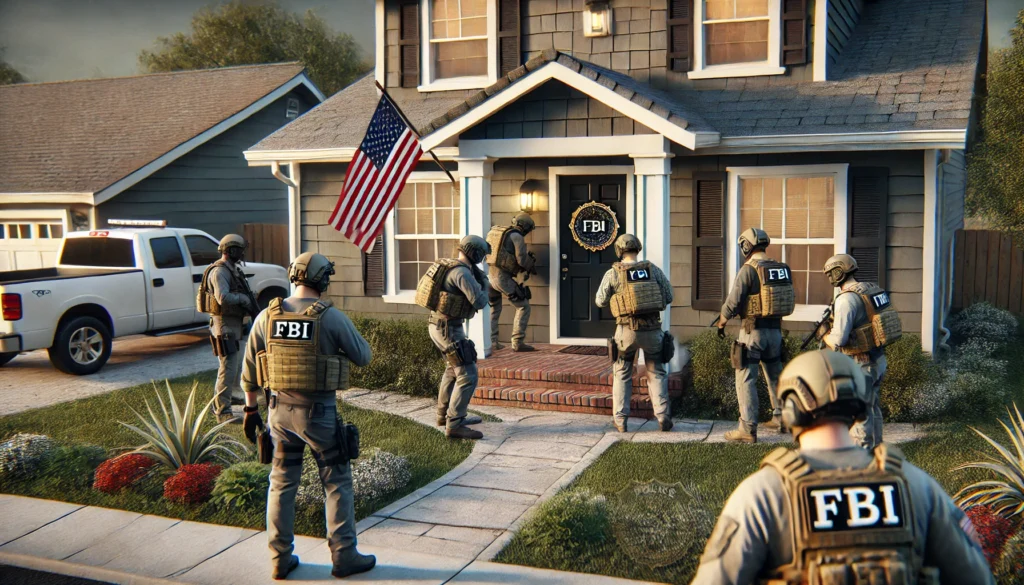A recently disbanded Department of Homeland Security (DHS) advisory board has come under fire for suggesting that military service, religious beliefs, and support for former President Donald Trump could be indicators of domestic extremism. These revelations, stemming from documents obtained by America First Legal through litigation, have ignited a fierce debate about potential political bias in national security assessments.
The Homeland Intelligence Experts Group, which included high-profile figures such as former CIA director John Brennan and former Director of National Intelligence James Clapper, reportedly discussed these controversial markers in their internal notes. The group’s dissolution came after America First Legal, in conjunction with former ambassador Ric Grenell, sued the DHS over the board’s composition and activities.
According to the documents, researchers identified “being in the military or religious” as potential indicators of domestic extremists. The notes further suggested that “most of the Domestic Terrorism threat now comes from supporters of the former president,” referring to Donald Trump. These assertions have raised concerns about the potential for political motivations to influence national security policy.
The board’s notes stated, “If you ask researchers to dive into indicators of extremists and terrorism, they might indicate being in the military or religious. This being identified as an indicator suggests we should be more worried about these. We need the space to talk about it honestly.”
The documents also acknowledged the political context surrounding these discussions: “There is a political backdrop to all of this. It seems that most of the Domestic Terrorism threat now comes from supporters of the former president. It is not like you want a political advantage, but people have attacked the government and its institutions for the last six years.”
Gene Hamilton, executive director of America First Legal, condemned the revelations as evidence of “unabashed partisanship” within Secretary Alejandro Mayorkas’ DHS. Hamilton expressed concern about what he sees as an effort to use the powers of the federal government against political opponents.
“These shocking records reveal apparent unabashed partisanship on this Deep State committee,” Hamilton told Fox News. “All efforts to weaponize the federal government against political opponents of the ruling regime should be stopped. We look forward to exposing more records in the coming days.”
The controversy has prompted a response from the White House. Deputy press secretary Andrew Bates stated that the White House does not consider Americans who identify as religious, have served in the military, or support Trump to be a significant threat to the United States. This statement appears to distance the administration from the advisory board’s suggestions.
Critics argue that such broad categorizations risk unfairly targeting law-abiding citizens and could infringe on civil liberties. Supporters of the military and religious communities express concern that these institutions, which have long been pillars of American society, are being unjustly associated with extremism.
The inclusion of Trump supporters as a potential indicator of domestic terrorism threat has particularly inflamed political tensions. Some view this as an attempt to delegitimize political opposition, while others argue it reflects genuine concerns about extremist elements within certain political factions.
As the debate unfolds, questions arise about the criteria used to assess domestic extremism and the potential for political bias to influence national security policies. The incident underscores the delicate balance between ensuring public safety and protecting individual rights and freedoms.
The revelations come as part of America First Legal’s “#DeepStateDiaries” series, which aims to shed light on the inner workings of the Biden administration through documents obtained via litigation. As more information comes to light, it is likely that this controversy will continue to fuel discussions about the role of government agencies in monitoring potential domestic threats and the importance of maintaining political neutrality in such assessments.



